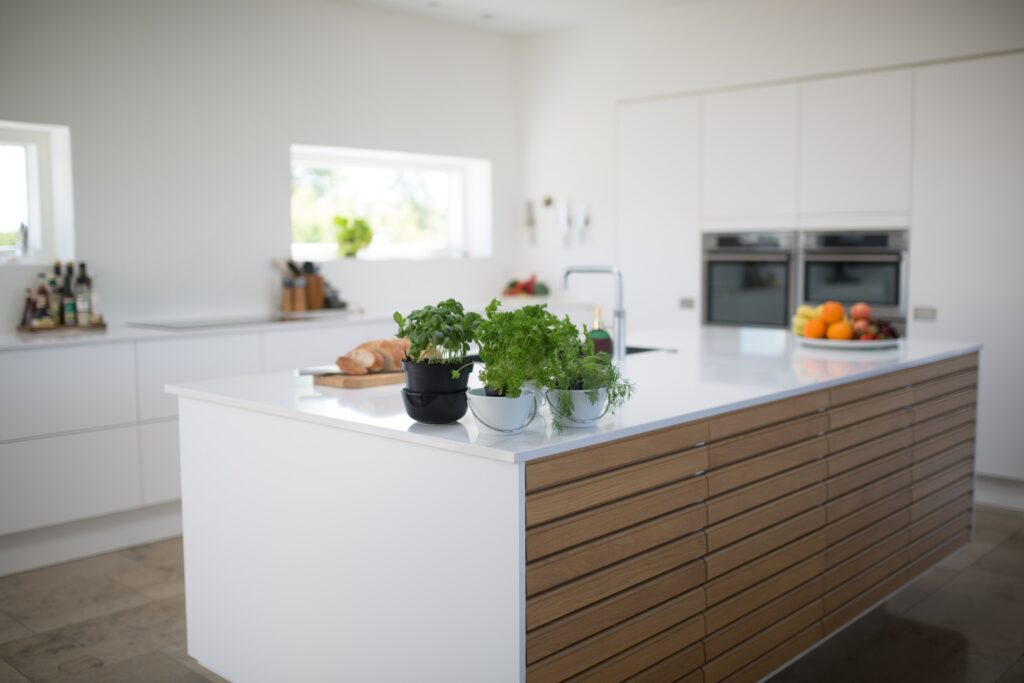Creating a greener home is a goal many homeowners aspire to achieve. With increasing environmental concerns, adopting eco-friendly practices has become crucial for a sustainable future. One area where you can make a significant impact is in your home’s plumbing system. By implementing eco-friendly plumbing upgrades, you not only reduce your environmental footprint but also enjoy long-term cost savings. If you reside in Australia and are looking to make your home more environmentally friendly, this article will guide you through various eco-friendly plumbing upgrades and how a plumber can help you achieve your goals.
Water-Saving Fixtures
One of the easiest and most effective ways to conserve water is by installing water-saving fixtures. Traditional fixtures tend to use excessive amounts of water, resulting in wastage. By replacing them with low-flow alternatives, you can significantly reduce water consumption without compromising performance. Low-flow toilets, aerated taps, and efficient showerheads are some examples of water-saving fixtures.
A plumber specializing in Australia can recommend the most suitable fixtures for your home and handle their installation. These professionals have the expertise to ensure proper installation and optimal water efficiency. With water-saving fixtures, you not only contribute to water conservation efforts but also enjoy reduced water bills.
Rainwater Harvesting Systems
Australia experiences abundant rainfall, especially in Australia. By harnessing the power of rainwater, you can reduce your reliance on traditional water sources and conserve this valuable resource. Rainwater harvesting systems collect rainwater from rooftops and store it for later use. This collected water can be used for various non-potable purposes such as irrigation, washing machines, and toilet flushing.
A plumber experienced can design and install a rainwater harvesting system tailored to your specific needs. They will ensure the system is integrated seamlessly with your existing plumbing, allowing you to make the most of the rainwater available in your area.
Solar Hot Water Systems
Heating water accounts a significant portion of the household’s energy consumption. By switching to a solar hot water system, you can utilize renewable energy and reduce your carbon footprint. These systems use the sun’s energy to heat water, making them a sustainable and cost-effective alternative to traditional water heaters.
A plumber can assess your property’s suitability for a solar hot water system. They will recommend the appropriate system size and handle the installation process with precision. With a solar hot water system, you can enjoy reliable hot water while minimizing your impact on the environment.
Greywater Recycling
Greywater recycling involves collecting and treating wastewater from sources such as sinks, showers, and washing machines. Instead of allowing this water to go to waste, it can be treated and reused for irrigation or toilet flushing. Greywater recycling is an excellent way to conserve water and reduce your reliance on freshwater sources.
Implementing a greywater recycling system requires expertise and proper integration with your plumbing system. A knowledgeable 24/7 emergency plumber can guide you through the process, ensuring the safe and efficient recycling of greywater in your home. By utilizing greywater, you can contribute to water conservation efforts and create a more sustainable household.
Leak Detection and Repair
Undetected leaks can waste a significant amount of water and harm the environment. Engage a plumber to conduct regular leak detection inspections and promptly repair any identified leaks. By addressing leaks early on, you can prevent water waste and potential damage to your property.
Conclusion:
By implementing eco-friendly plumbing upgrades, residents can contribute to a greener future. From water-saving fixtures to solar hot water systems, there are numerous options available. Contact Service Today plumber to discuss your sustainability goals and start making a positive impact on the environment. Together, we can create greener homes and a more sustainable future.
